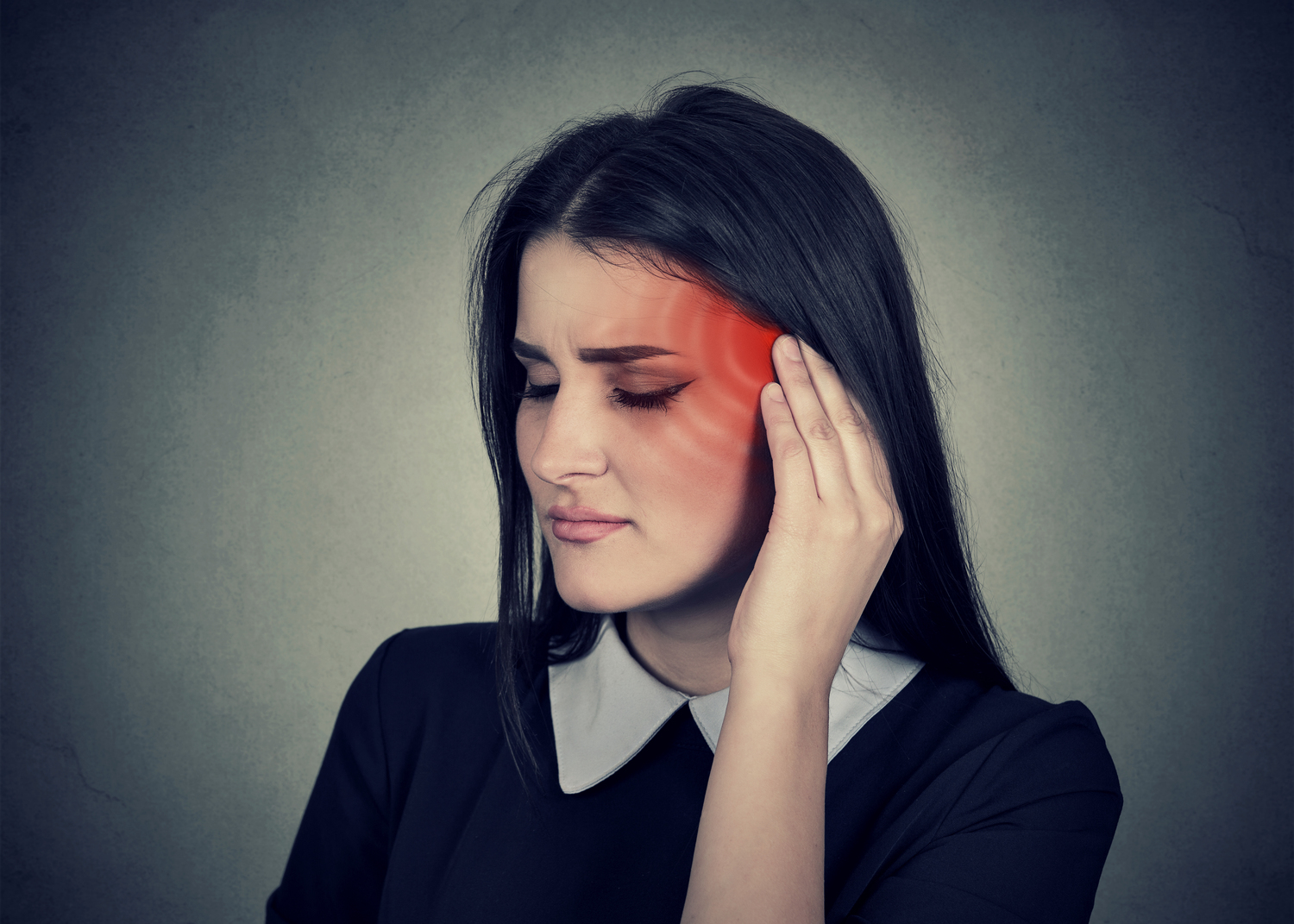Everything You Need To Know About Tinnitus
Everything you need to know about tinnitus
An individual suffering from tinnitus often hears ringing in the ears; however, he/she may also hear clicking, hissing, or whistling sounds. This health condition may be temporary or it can be persistent and chronic.
Almost 50 million adults in the country are suffering from tinnitus. The condition often develops after 50 years of age, but children and adolescents may experience it too.
Below is some information about what is tinnitus, its symptoms, and more.
What is tinnitus?
- Tinnitus occurs when an individual consciously hears sounds that do not come from any source outside one’s body.

What are the symptoms of tinnitus?
Some of the symptoms of tinnitus are:
- A non-auditory and internal sound.
What causes tinnitus?
For recommending an appropriate treatment for tinnitus, doctors need to find the actual cause, which could be any one or more of the following:
- Age
- Exposure to loud noise
- Ototoxic medications
- C ardiovascular disease
- Hypertension
- Stress
- Head injuries
- Dysfunction of the joint connecting the jaw to the bone under the ear
- Blows to the head
- Compacted ear wax
- Middle ear infections
- Certain types of tumors
What are the treatment options for tinnitus?
As of now, there is no cure for tinnitus, treatment options aim to ease the symptoms and manage the tinnitus better. Some of the treatment options for this health condition include:
- Underlying causes – The first step toward treating tinnitus is to address any underlying cause for it. This may include discontinuing any ototoxic medicines, prompt care of an ear infection, and treating any temporomandibular joint (TMJ) problems.
- Sound therapy – This therapy uses external noises to mask the sounds sensed in tinnitus. Specialized ear maskers, white noise, and low-level background music may be used to help. The sound is chosen as per the liking of the individual. A common type of sound therapy is using hearing aids. Hearing aids amplify environmental sounds and they redirect the attention away from the noise hear because of tinnitus.
- Tinnitus retraining therapy (TRT) – This therapy involves the restraining of the auditory system to accept the sounds of tinnitus as being natural and not disruptive.
- Cognitive behavioral therapy (CBT) – Cognitive behavioral therapy may help relieve depression in individuals suffering from tinnitus.
- Healthy lifestyle – One of the best ways to prevent the development of tinnitus as well as hearing loss is to avoid exposure to loud sounds. Additionally, to prevent hearing damage from developing or getting worse, one can make use of hearing protection like earplugs when in noisy environments. Also avoiding to hear music at a loud volume. Although improving wellness will not stop the development of this health condition, but overall well-being may help control its intensity and offer emotional and physical benefits. Optimum wellness may be achieved by exercising regularly, eating a healthy and balanced diet, following good sleeping habits, avoiding excessive alcohol and smoking, stress management, and being involved in social and recreational activities.

